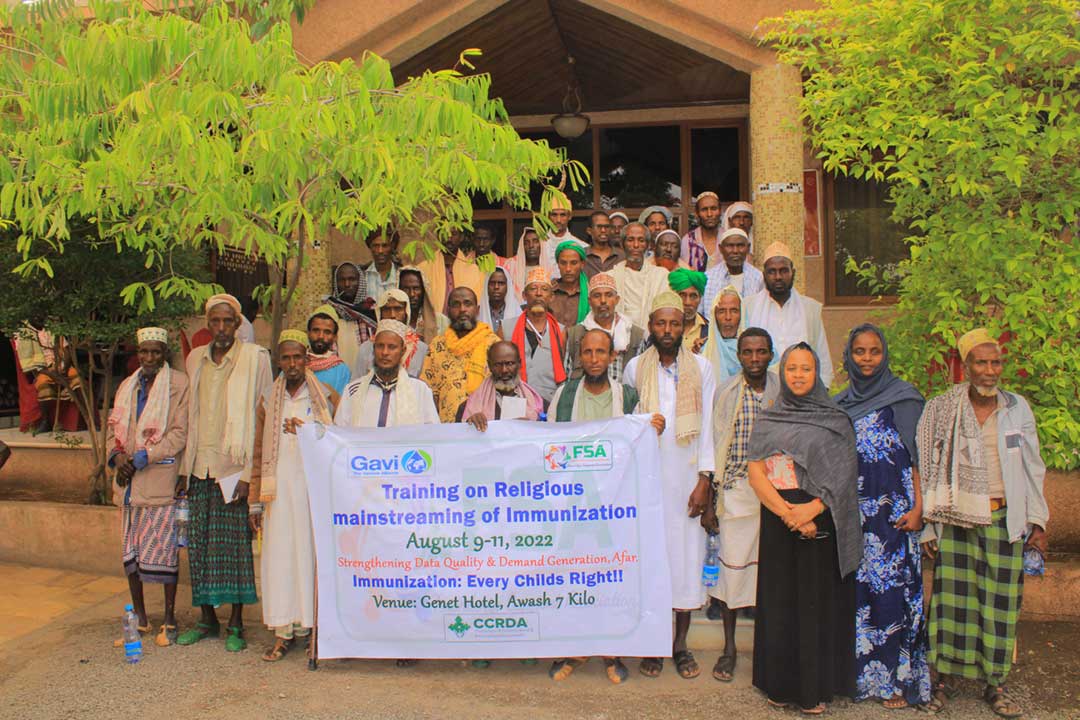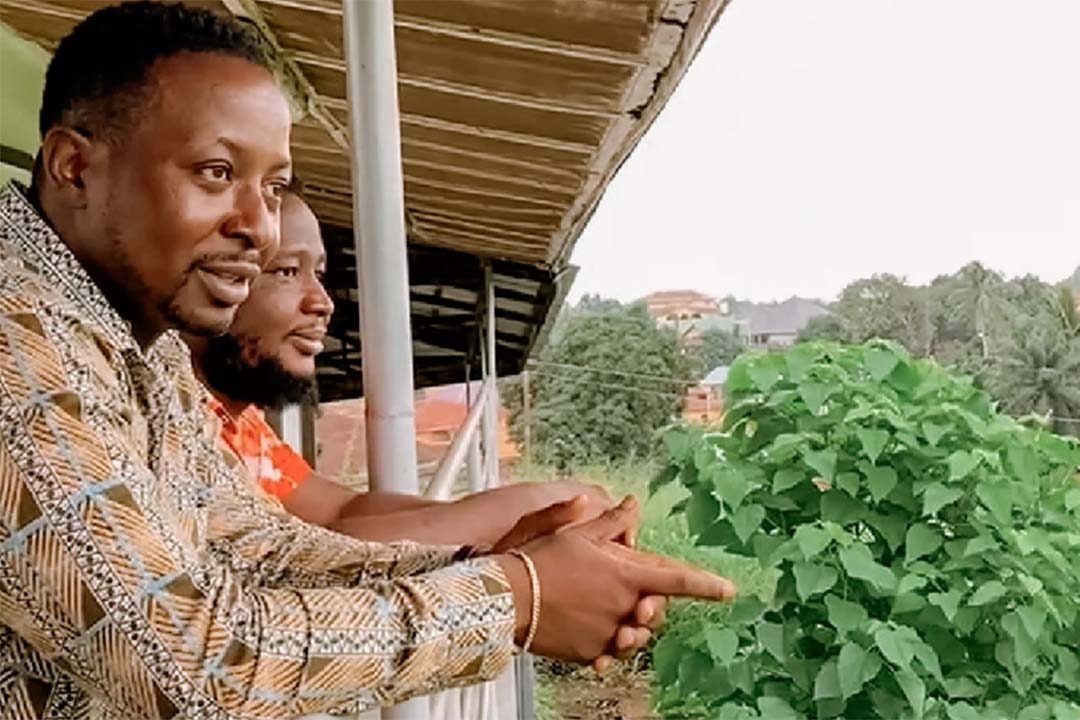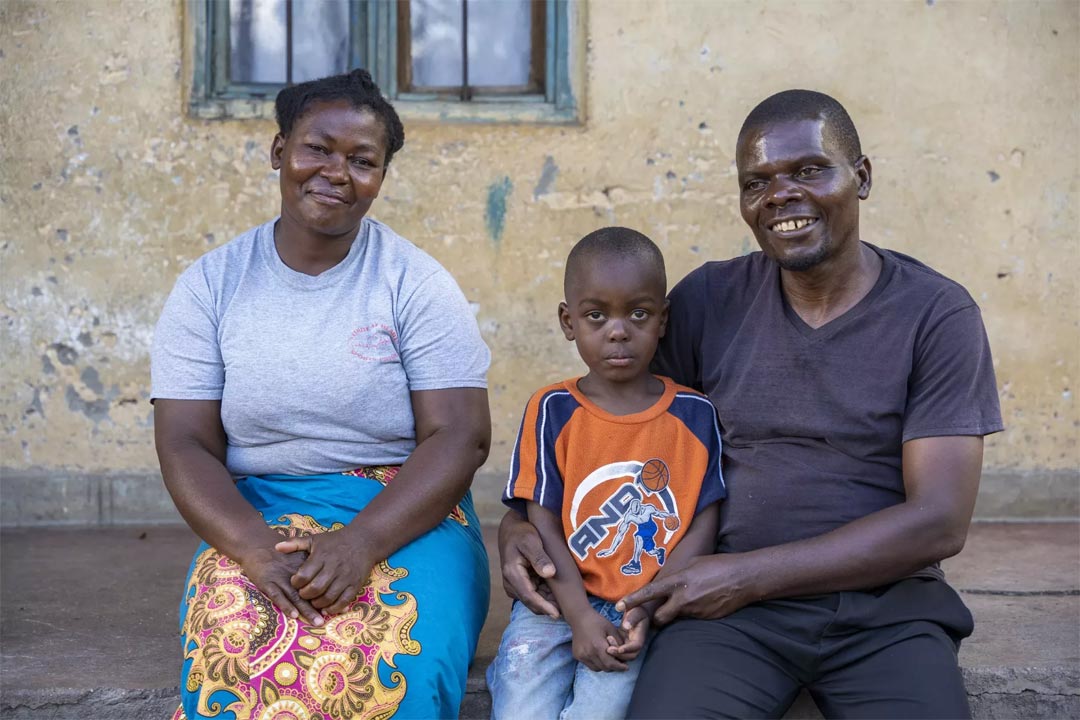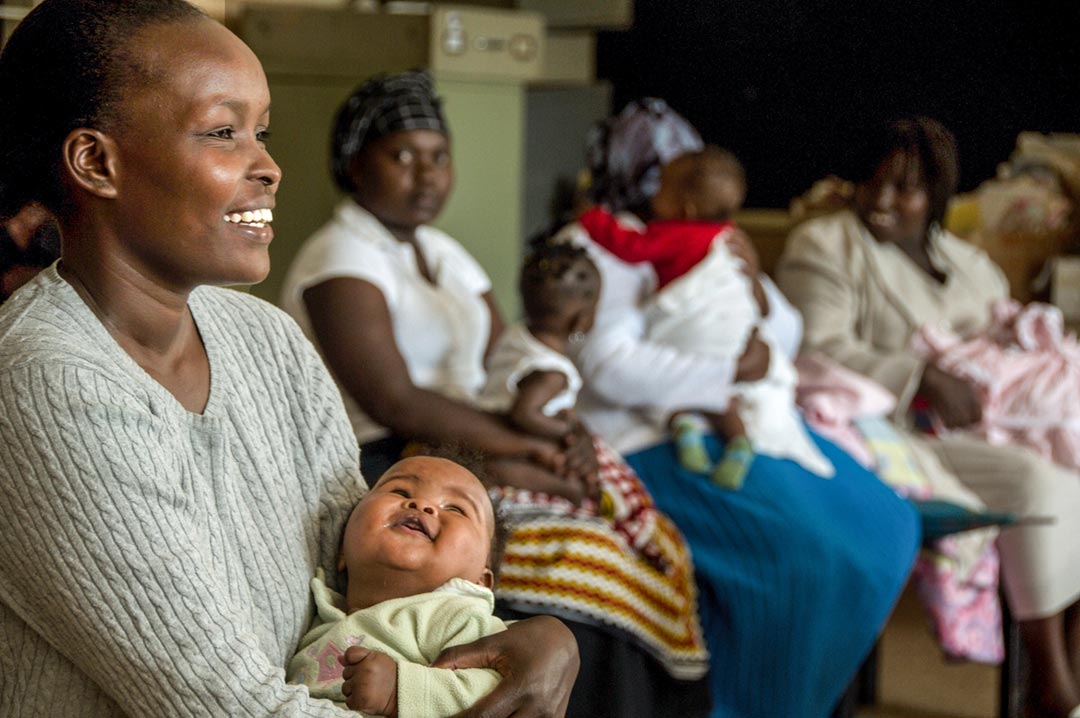Interview: Puncturing Misconceptions About Vaccine Hesitancy
According to pediatrician David M. Higgins, parental vaccine hesitancy is not nearly as widespread as many believe.
- 11 April 2024
- 7 min read
- by Undark

David M. Higgins, a pediatrician at the University of Colorado and Children’s Hospital Colorado, sees patients and also conducts research — but “not the type of research that’s done in the laboratory with beakers and things like that,” as he puts it. Rather, his focus is on health services research, including the study of vaccine delivery, public access to vaccines, and vaccine hesitancy.
He’s particularly concerned about misconceptions regarding vaccine hesitancy, especially among parents — which he says is not as widespread as many believe. As he wrote recently in an essay in The New England Journal of Medicine, co-authored with Sean T. O’Leary: “We believe vaccine hesitancy shouldn’t be normalized when it is not the norm.”
Our interview was conducted over Zoom and by email, and has been edited for length and clarity.
Undark: Although vaccine hesitancy has a long history, it seemed to spark increased discussion beginning in 2020, when the first vaccines for Covid-19 were developed. In your recent essay, you call for caution in the way we talk about vaccine hesitancy. What are your main concerns?
David Higgins: The dominant narrative, that the data doesn’t support, coming out of mass media, social media, and just the national conversation about childhood vaccine hesitancy, seems to be this idea that parental hesitancy about routine childhood vaccines is now commonplace, and it's widespread.
This kind of narrative that the sky is falling tends to ignore the actual data, which show that an overwhelming majority of parents in the U.S., across political and ideological divides, continue to see the value of childhood vaccines, and continue to vaccinate their children according to recommendations from the American Academy of Pediatrics and the CDC.
UD:What trends have you noticed in terms of parents’ willingness to have their children receive routine vaccinations like measles, mumps, and rubella?
DH: There are multiple different data points, including research studies, national polls, and data out of the CDC, that really still paint a picture of broad support for the value of vaccines in children. For instance, some of the most recent data from the CDC says that 93 percent of parents of kindergarten students opted to vaccinate their kindergarteners with all of the state-required vaccines, and that vaccine coverage for children, by the time they're 2 years old, hasn't significantly changed since the start of the pandemic. And even further, only 1 percent of children born in 2019 or 2020 didn't receive any vaccines by their second birthday. That's a tiny percent of children.
We also have seen data from national polls, such as the Pew Research and [KFF], showing still robust confidence in the value of vaccines, such as vaccines for measles, with close to 9 out of 10 parents continuing to see the value and benefit of measles vaccines. We also did a study here in Colorado last fall, looking at changes in parental vaccine hesitancy from before the pandemic, throughout the pandemic, and after the pandemic — and we didn't find large changes in parental vaccine hesitancy overall.
Now, we did find some changes and in whether parents trust vaccine information, and those types of changes, but we didn’t find big changes overall. And those data collectively really continue to paint a picture of strong, robust confidence in the value of vaccines.
The research and the data that we see really paint a picture that’s different than the dominant narrative — that vaccine hesitancy for routine childhood vaccines is now commonplace and widespread and the norm.
UD: What should doctors keep in mind as they talk with people, and especially parents, about vaccines?
DH: The concern with this false narrative is that this can have negative repercussions on people such as doctors, health care professionals, public health professionals. We know that a strong recommendation for vaccines, when it’s formed in a way that presumes parents want to vaccinate their children, because that is still the norm — we know that can actually increase vaccine acceptance.
Have you read?
So if a doctor or health care professional continually expects significant vaccine resistance — because they misperceive the norm — then their recommendation, if they give one at all, may be less effective. They may lose confidence in their ability to really have any influence on parental vaccine decision-making, if they assume that most parents are hesitant.
UD: In your essay you wrote, “When it comes to parents themselves, normalizing vaccine hesitancy has the potential to be a dangerous self-fulfilling prophecy.” Can you explain that idea in more detail?
DH: I am concerned that when parents see this narrative that they might start to think whether vaccines are a good idea for their children as well, when they didn't have those concerns in the first place. Normalizing vaccine hesitancy could unnecessarily contribute to parental self-doubt about the value of vaccines — this idea that “it seems that everyone else is hesitant about vaccines; maybe I should be hesitant too.”
UD: A number of outbreaks of measles have been reported recently. Do we know how closely those outbreaks are associated with vaccine hesitancy?
DH: That’s a great question, because we unfortunately have seen an increase in measles cases across the U.S. this year. Measles is an incredibly, incredibly contagious disease, and really requires extremely high vaccination rates to prevent outbreaks and spread.
Now, vaccine hesitancy has a role in under-vaccination, or vaccine delay and refusal. However, the reality is more complicated than simply “vaccine hesitancy is the only cause of measles outbreaks.” It might be easy to blame the 7 percent of children who were under-vaccinated for measles by the time they reach kindergarten on anti-vaccine or science-denier parents — but in reality we still have significant access issues as well. Unfortunately, accessing vaccines is still often far too difficult for families, especially families in marginalized communities.
To illustrate this, many families still can’t find a primary care provider that has reasonable availability. During the unwinding of Medicaid last year, many families lost Medicaid insurance for their children, and they are having a hard time finding free vaccines for measles through great programs like the Vaccines for Children program.
Also, many parents simply haven't had the chance to ask a trusted health care professional about vaccines, and hear from them about the value of vaccines for diseases like measles. So the problem is, when the dominant narrative is that vaccine hesitancy alone drives under-vaccination for diseases like measles, then efforts to address access barriers to measles vaccines may fall short.
UD: Are you concerned about children in the U.S. not being up to date on their Covid vaccines?
DH: Yes, I am concerned. Let’s simplify things and remove the Covid-19 name and all the polarizing baggage that may come with that name out of the equation. In our communities, we have a common and contagious respiratory disease that is still causing severe illnesses, hospitalizations, and deaths in children. And we have a safe and effective vaccine to prevent this disease. Yet, most children are not receiving it. That concerns me.
The reasons children have fallen behind on Covid-19 vaccines are complex and evolving, including attitudinal and access barriers. However, I am careful not to blame low pediatric Covid-19 vaccination rates squarely on parents or mislabel parents as being “anti-vaccine.”
Most parents I see whose children haven’t received recommended Covid-19 vaccines or parents who have concerns about Covid-19 vaccines aren’t “anti-vax” or “science deniers.” Usually, these parents accept other vaccines for their children. Many of these parents don’t know and haven’t heard about the continued value of Covid-19 vaccines for their children from someone they trust. As health care providers, we must do a better job of sharing this continued value with parents with empathy and clear communication.
UD: Have we learned all the lessons that we ought to have learned from the pandemic, or are there are there lessons that you feel might not have sunk in yet?
DH: I think it’s important to continually be learning lessons about how we have handled vaccine delivery, vaccine hesitancy and confidence, so that we can apply those lessons to the future. Because this is not the last time we will have either a pandemic or a new disease, or the last time that we’re going to have great vaccines that can really improve health and keep children healthy.
Vaccine hesitancy did not start with the Covid-19 pandemic. As pediatricians we have been addressing vaccine hesitancy for a very long time. In fact, vaccine hesitancy goes back as far as the first vaccine created for smallpox, over 200 years ago.
There’s a saying in vaccine delivery research that even the best vaccine is zero percent effective if it only sits in a vial, right? Vaccines don’t save lives — vaccinations save lives. Actually having people take the vaccines saves lives. And so we absolutely can continually improve on how we communicate about the value of vaccines, how we share information with families and parents, so that more and more children can get the benefits of vaccines.
Written by
Website
This article was originally published on Undark on April 5. Read the original article.![]()
More from Undark
Recommended for you








